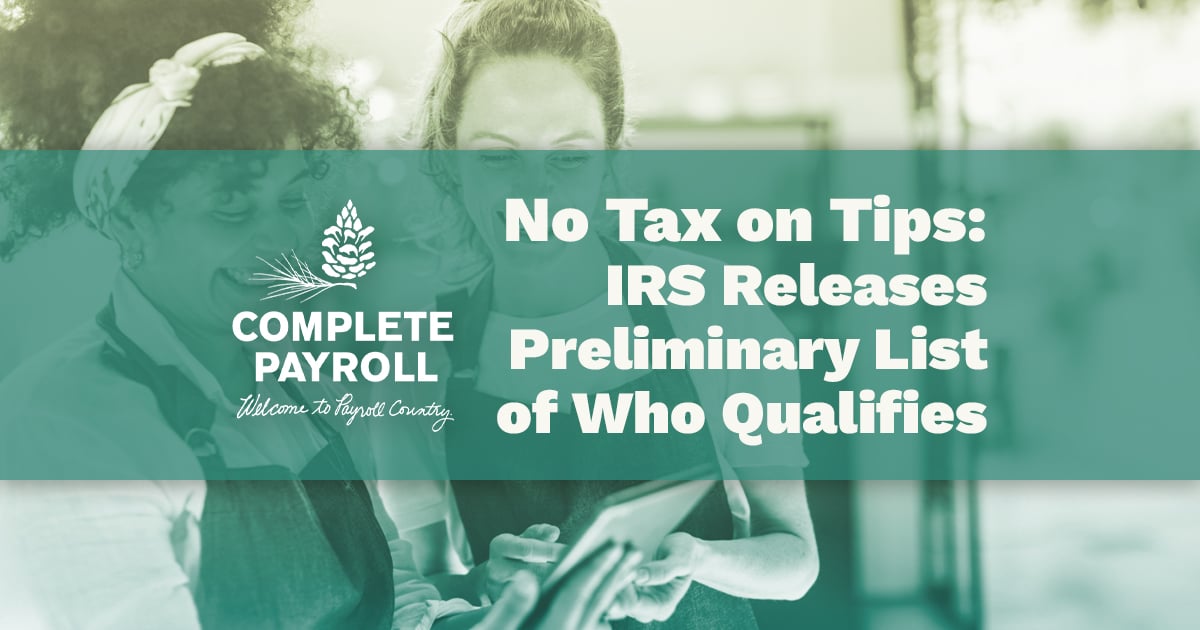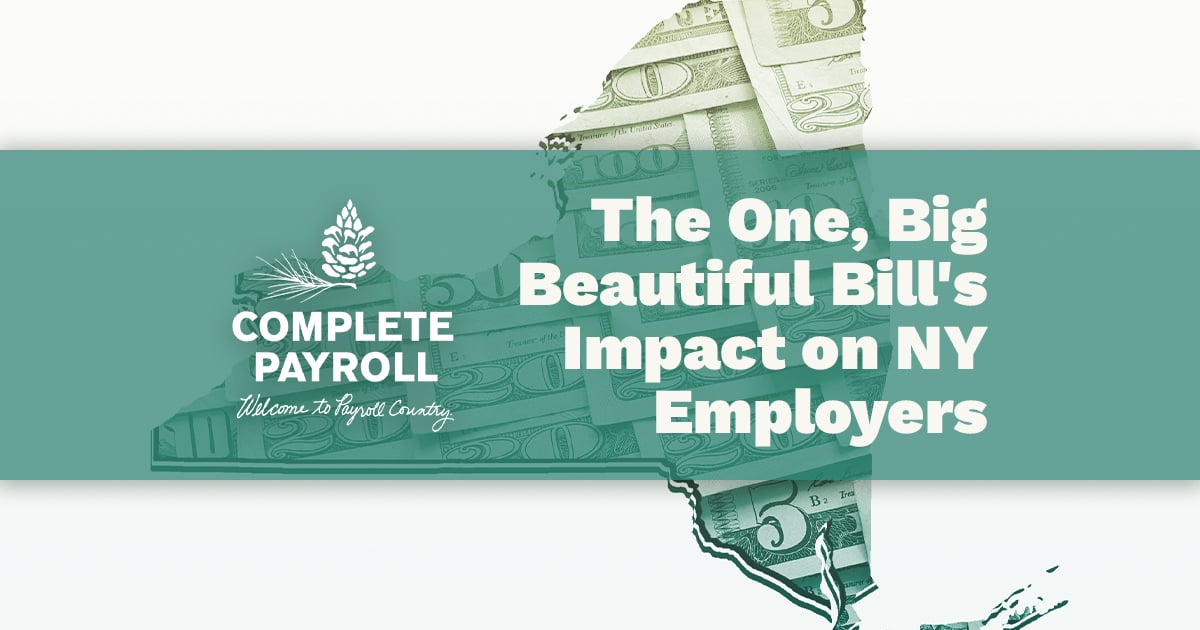The Employee Retention Credit (ERC) provided essential relief for businesses during the pandemic, but the program’s legacy is now defined by widespread confusion and growing risk. Business owners and HR leaders need to know that the regulatory landscape has shifted dramatically, signaling a massive increase in IRS scrutiny and a heightened risk of audits and penalties.
The Current Crisis: Fraud, Legislative Response, and Extended Audits
The initial rollout of the ERC was complicated by late and sometimes subjective IRS guidance. This uncertainty created a breeding ground for "credit mills"—firms with little tax expertise that aggressively marketed services, often claiming eligibility based improperly on simple criteria like geography or industry, instead of the required quarter-by-quarter analysis.
In response to this flood of improper claims, Congress passed the One Big Beautiful Bill Act (OBBBA) on July 4, 2025. This new legislation signals a clear governmental shift toward greater scrutiny, tighter legislative guardrails, and less tolerance for expensive interpretations of the credit.
The most critical change for all prior claimants is the extended audit window. The OBBBA gives the IRS six years to audit third and fourth quarter 2021 ERC claims, significantly more time to scrutinize claims, demand documentation, and assess penalties. This means even businesses that received their refunds years ago are at risk of an audit, especially if they worked with a credit mill or lack proper documentation.
Critical Compliance Update: 2021 Deadlines and Voluntary Disclosure
The OBBBA also delivered a hard deadline, resulting in the retroactive disallowance of any ERC claims for the third and fourth quarters of 2021 that were filed after January 31, 2024. If you filed a claim for those quarters after that date, it will automatically be denied.
This is a tough blow for taxpayers who may have genuinely qualified—for instance, based on a gross receipts decline—but simply filed after a deadline that was established after the fact.
Recognizing the complex situation, the IRS has responded to improper claims with Voluntary Disclosure Programs (VDPs). These programs allow businesses to correct mistakes at a discount, offering a lifeline to potentially avoid future audits, penalties, and interest. If you have concerns about your eligibility, these programs offer a structured path to compliance.
Risk Mitigation: Documentation and Fiduciary Duty
To protect your business against an audit, documentation is more critical than ever.
Employers must immediately preserve all related records, eligibility documentation, and correspondence with ERC advisors. Specifically, you need to retain:
-
Time records and payroll records by person (every bit of payroll and timekeeping).
-
Revenue records going back to 2019.
-
All documentation supporting your specific eligibility (e.g., government orders, gross receipts analysis).
A serious warning for all business owners and officers: Payroll tax penalties carry significant weight because payroll taxes are considered a fiduciary responsibility. The liability for these penalties can extend beyond the business to the directors and officers of the company. Failure to comply is not just a corporate issue—it's a personal risk.
Navigating Guidance and Professional Help
As IRS staffing is strained and its technology is outdated, new guidance is still evolving. You must stay informed and consult reputable professionals who understand the nuances of the ERC.
A final word of caution: While IRS guidance such as FAQs and informal guidance (like forms and webpages) is helpful, they do not generally have precedential value unless officially published in the Internal Revenue Bulletin. However, a taxpayer who relies on an FAQ or informal guidance in good faith may be protected from certain penalties if that reliance was reasonable.
The ultimate takeaway is clear: the focus has shifted from claiming the credit to proving your claim was correct. Being proactive and organized today is the only way to safeguard your business tomorrow.
















 Get Instant Blog Notifications
Get Instant Blog Notifications

